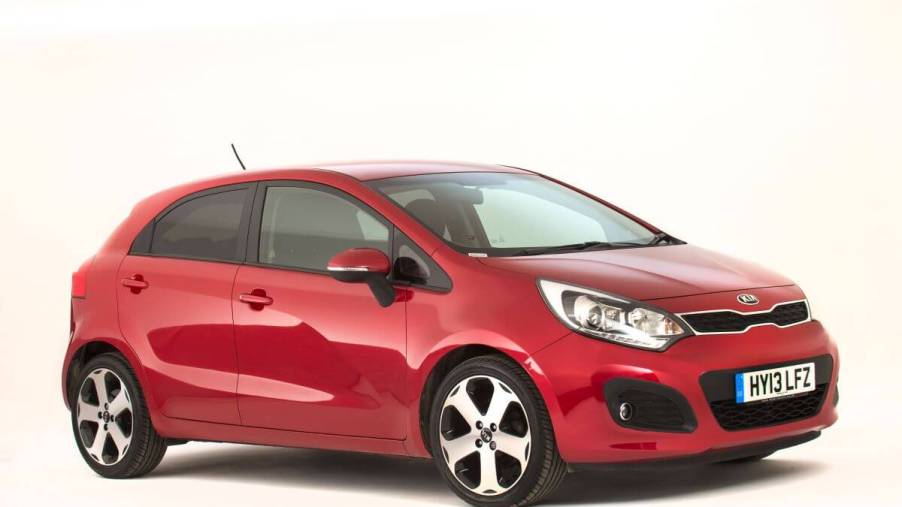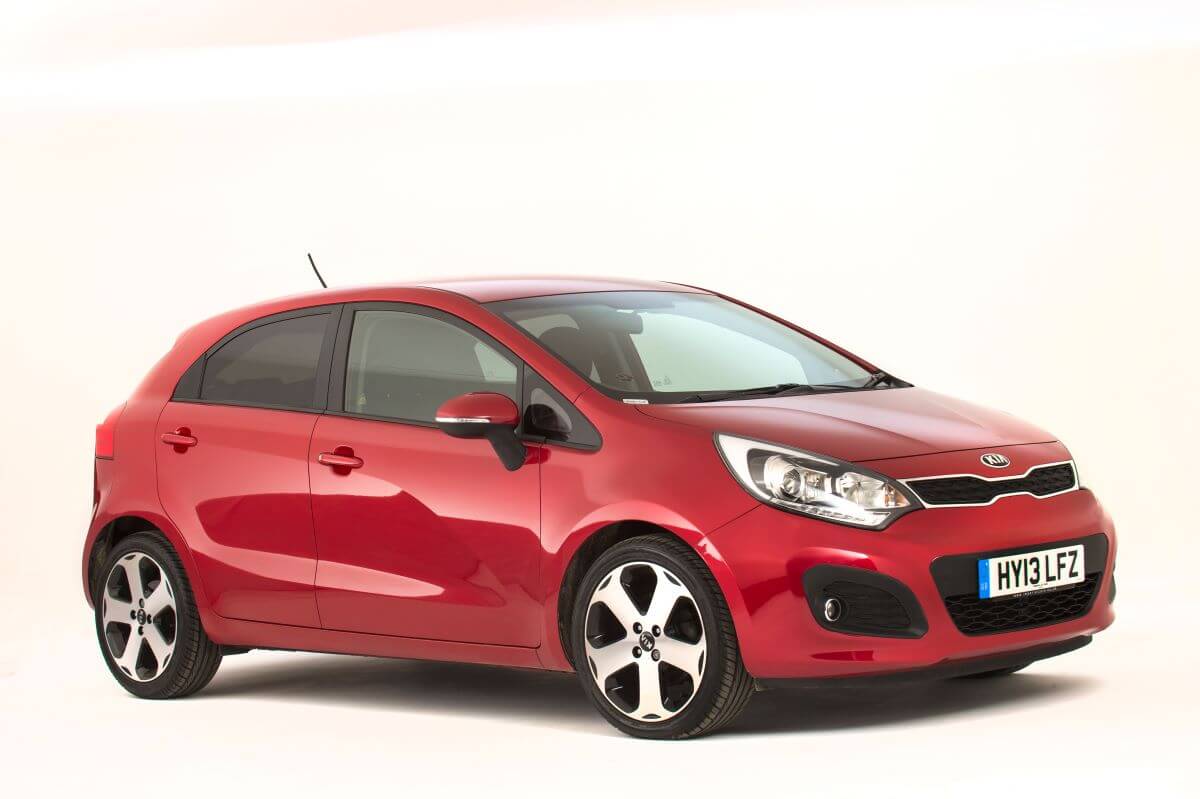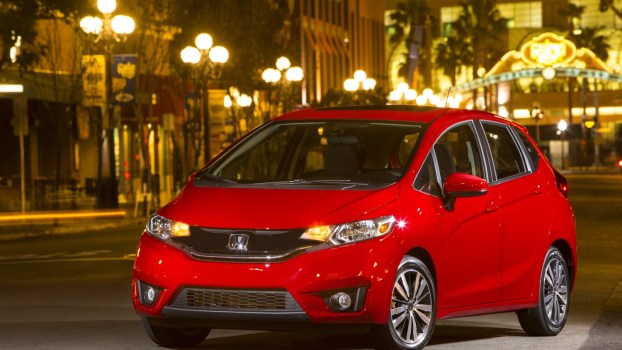
What Is an Economy Car?
Car shopping can be overwhelming, especially for first-time or budget-minded buyers looking for an affordable option. One term that is commonly used in the automotive industry is economy car. So, where does this term come from, and what exactly does it mean?
Characteristics of an economy car
The average economy car is smaller than a midsize or full-size car, is built to get good gas mileage, and costs little to operate. According to Car.com, the most common body style for an economy car is a compact or subcompact, with a two-door hatchback being the traditional design. However, as the demand for more practical and versatile vehicles has grown, modern economy cars are likelier to have four doors and come in sedan, crossover, or SUV-style body types.
Compared to higher-end vehicles, economy cars are frequently constructed with less expensive materials and fewer luxury features, but this does not imply that they are less dependable or safe. Many have high safety ratings and are known for their reliability and longevity. Economy cars are designed to be low-maintenance and affordable, making them an attractive option for vehicle owners who want to avoid the high repair costs that often come with more expensive and unreliable vehicles.
The evolution of the term ‘economy car’

The term “economy car” has evolved over the years to reflect vehicle buyers’ changing needs and economic conditions. According to Definitions, an economy car refers to a basic, no-frills vehicle designed to be inexpensive to purchase and operate. These models are typically small, lightweight, and have modest engines delivering good fuel efficiency.
As the automotive industry grew and competition increased, car manufacturers began differentiating their products by offering more advanced features and technologies. The term “economy car” then took on a new meaning, referring to a vehicle that balanced affordability and practicality. This meant that economy models still had to be affordable but also safe, reliable, and comfortable to drive.
Today, economy cars are still defined by affordability, but they also feature advanced technologies, modern designs, and better performance than their predecessors. They come in various body styles, including subcompact and compact cars, hatchbacks, sedans, and even small SUVs. What sets economy cars apart from other vehicles is their ability to combine practicality, fuel efficiency, and affordability into a single package.
Notable aspects of economy cars
Aside from their affordability and smaller size, other notable characteristics define an economy car. One of their most important features is their low production costs. Automakers use cheaper materials and technology to build these vehicles, which results in a lower price point for the consumer. Additionally, J.D. Power states that economy cars are designed to have great mpg ratings for fuel efficiency, which means they can travel further on a gallon of gas. This is accomplished through smaller engines that are typically less powerful than those found in higher-end vehicles.
Economy cars are also known for being lightweight, which further improves their fuel efficiency. However, this can sometimes result in a lack of power, making them feel underpowered and less responsive on the road. Additionally, many economy vehicles lack luxury features commonly found in more expensive models. This is another way that automakers keep production costs down and make cars more affordable.
Finally, economy cars are built with low operation and maintenance costs in mind. They are designed to be reliable and easy to maintain, saving owners money in the long run. This is important to budget-minded car shoppers looking for a practical, reliable vehicle that won’t break the bank.



